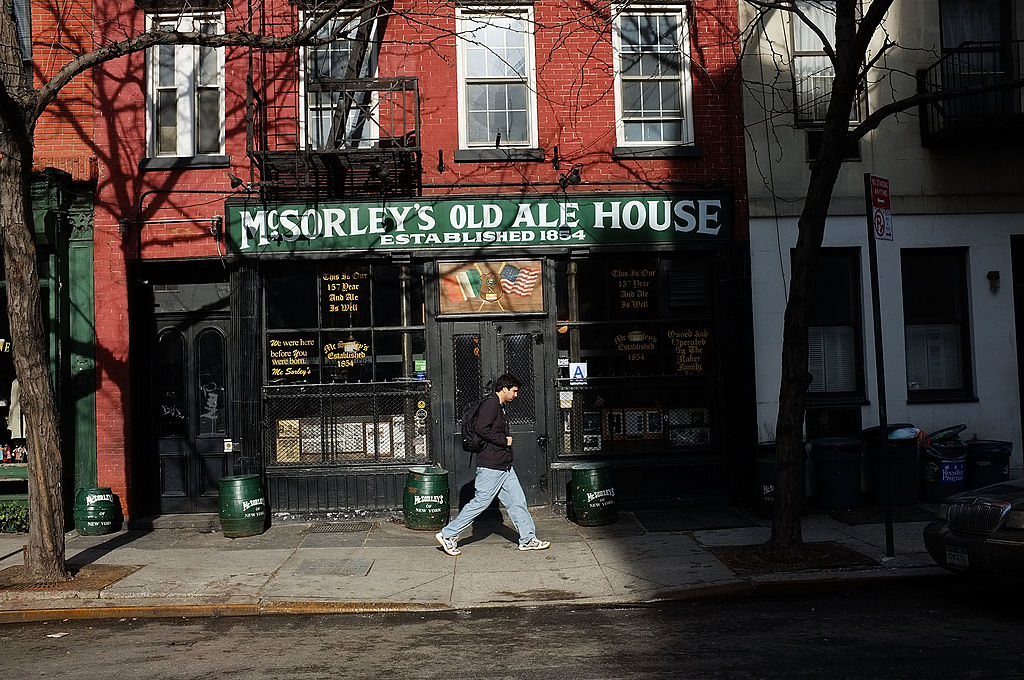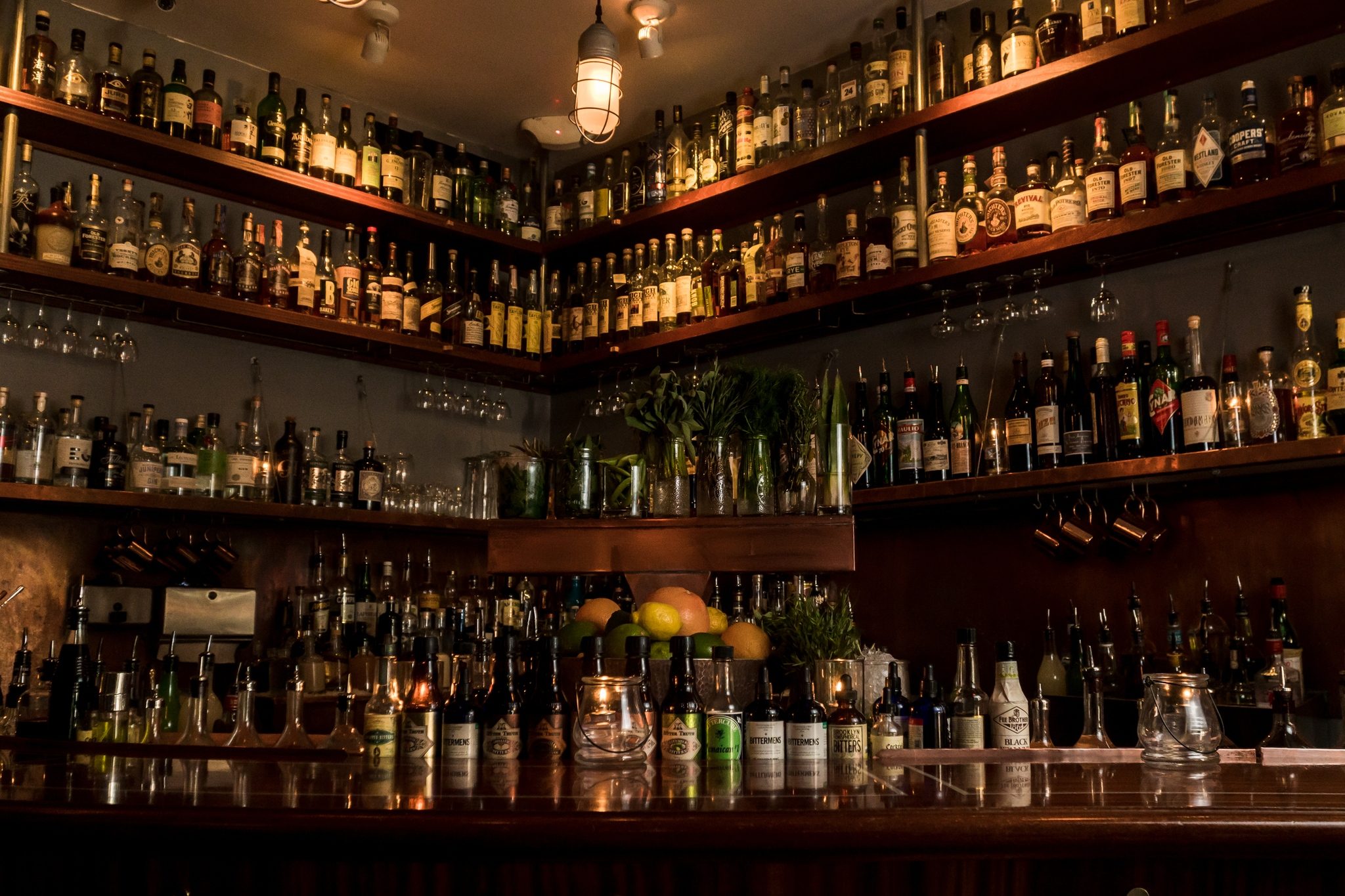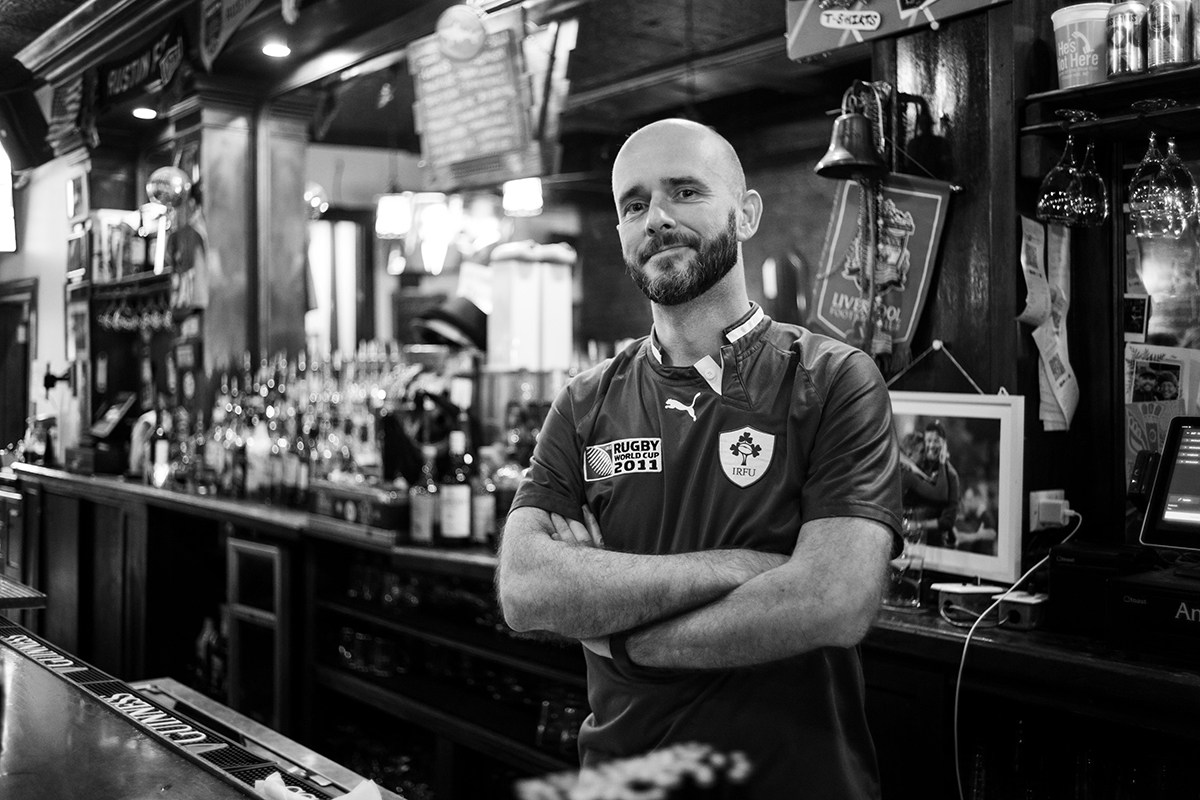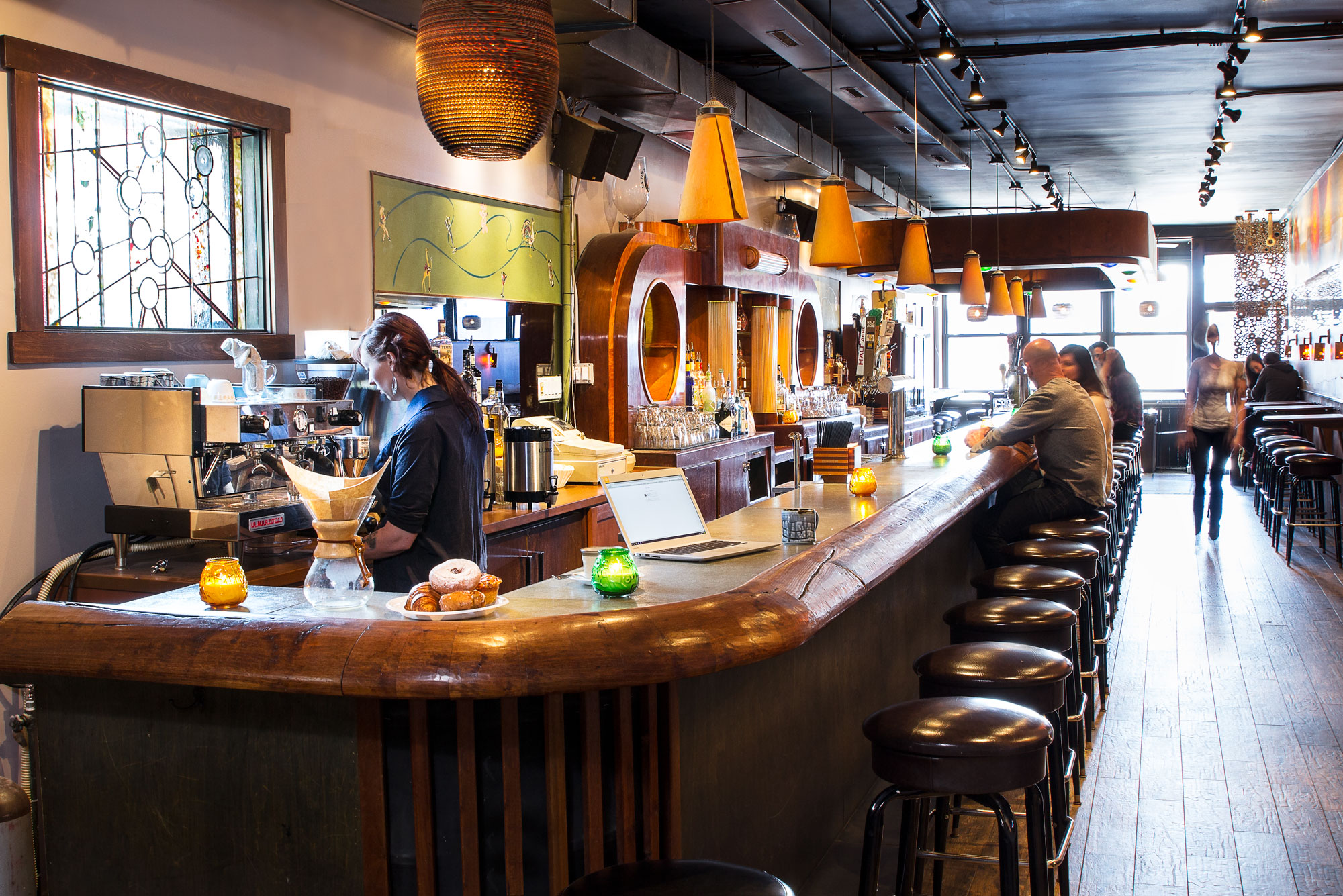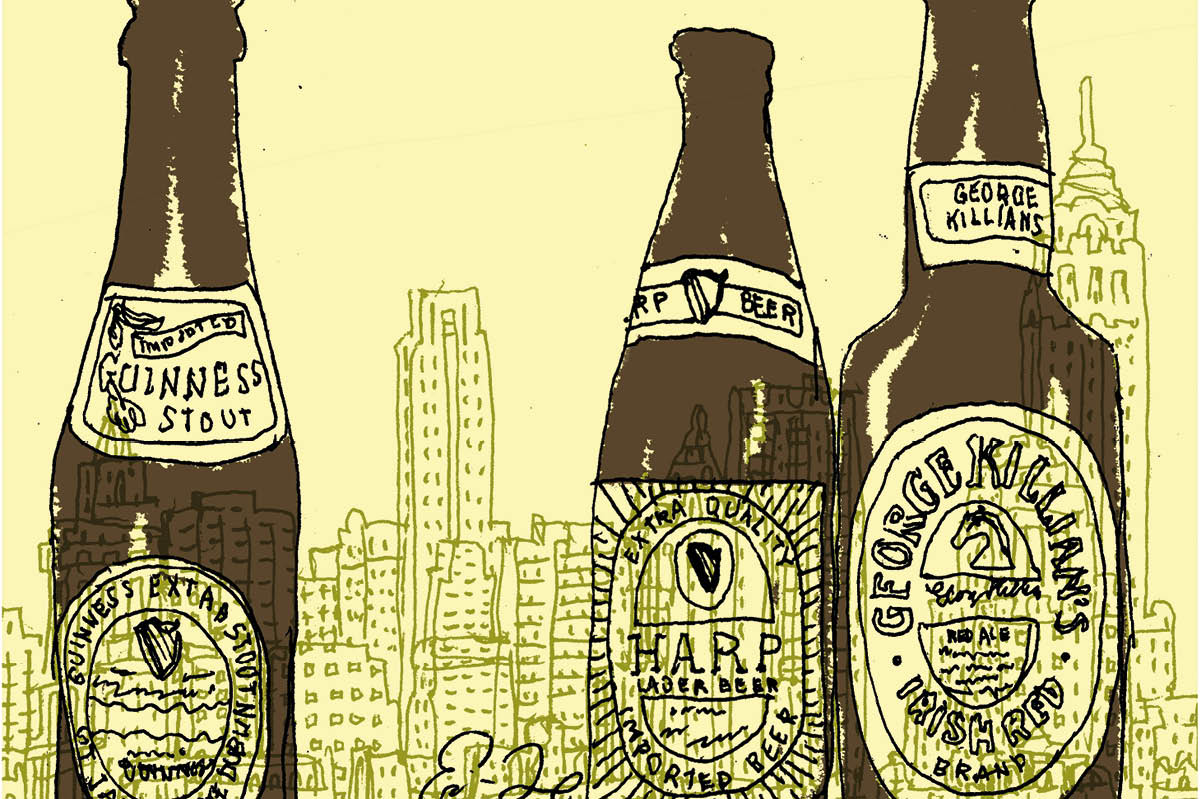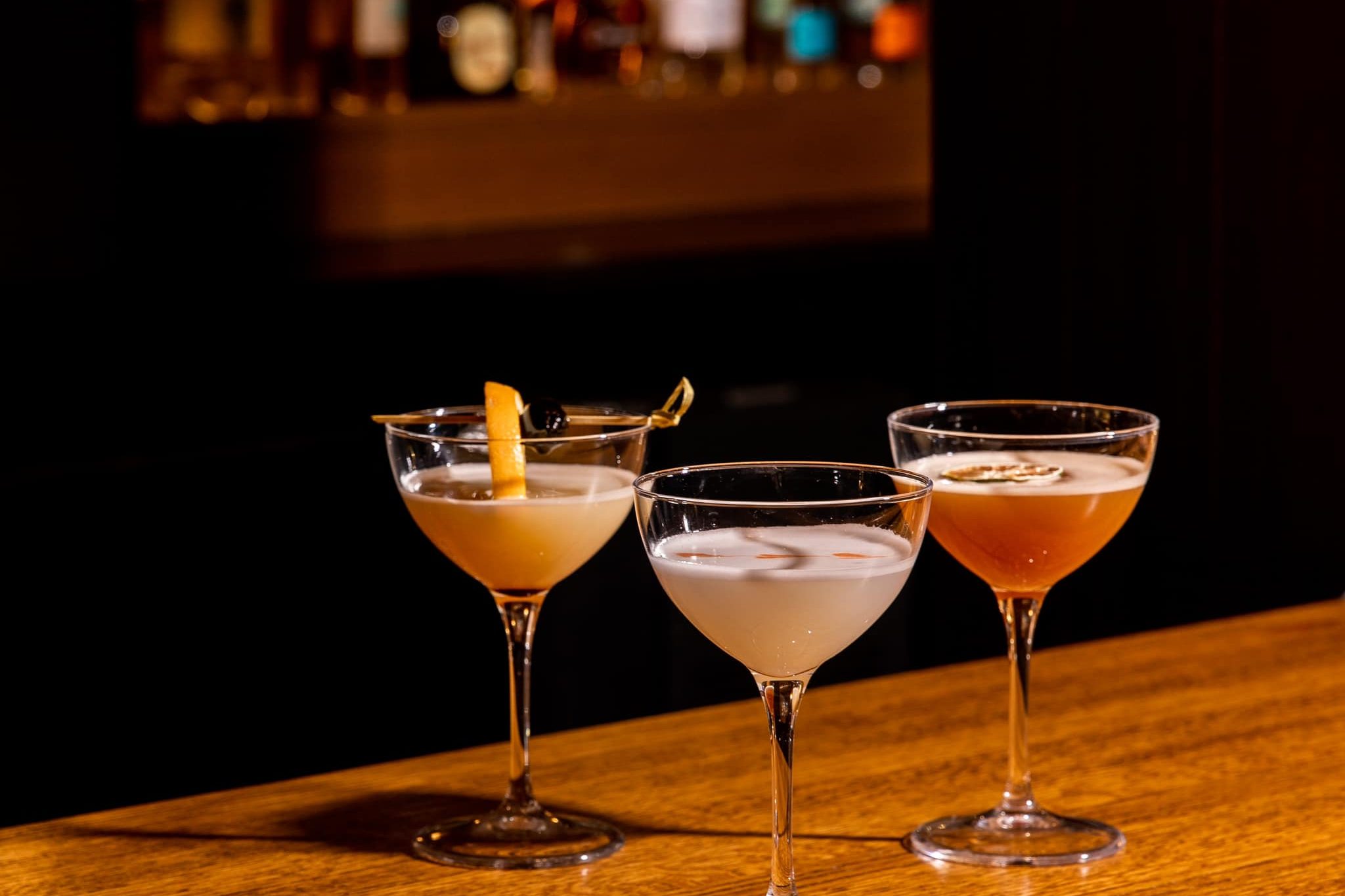The late Christopher Hitchens once lamented that he left London for America because the “piss and vinegar” of the city had been swept away by an antiseptic tide of money. Manhattan, though, still has plenty of both, not only in the subway but also in the form of a series of old-school pubs that have somehow resisted the modern mania for restoring the life out of anything old and authentic. The granddaddy of them all is McSorley’s Old Ale House on East 7th, opened in 1854 and America’s oldest continuously operated bar.
The front room of McSorley’s has no chairs or tables. There is sawdust on the floor. The place accepts only cash and has no till. It serves only two kinds of ale (light or dark) and house soda. A sleeve of crackers and a chunk of cheddar are the staple bar food. A defunct row of gaslights over the main bar is festooned with dusty turkey wishbones hung there for luck by doughboys departing for World War One. Those who returned reclaimed theirs; the rest lie in Flanders fields, their wishbones still waiting for them at McSorley’s. The back room, which acts as a snug, is still heated by a coal-burning stove.
The pub has Ireland, and the Irish experience in America, in its DNA. John McSorley fled his native Tyrone in 1851. His pub passed on to the family of a New York Irish cop, and then to Matty Maher after he helped the owner change a tire while he was vacationing near Kilkenny in 1964. Maher, who died in 2020, had his fifteen minutes of New York fame after he went to court to resist a city ordinance obliging him to admit women in 1970. The law won, necessitating a redaction of the bar’s slogan for its first 120 years — “Good Ale, Raw Onions, and No Ladies.”
Today, with the Irish working class long gone from the Lower East Side, McSorley’s attracts an eclectic crowd. A few years ago I witnessed the painter Billy the Artist leaving the pub so drunk that he walked into a lamppost and fell flat on the pavement, Buster Keaton-style. The local hipsters with their flat caps and beards, serve as a decent stand-in for Irish navvies. And McSorley’s remains, in the words of Joseph Mitchell’s 1940 profile in the New Yorker, a “dark and gloomy” and “utterly democratic” place where malt and wet sawdust contribute to “a thick, musty smell that acts as a balm to jerky nerves.”
This article was originally published in The Spectator’s April 2023 World edition.



